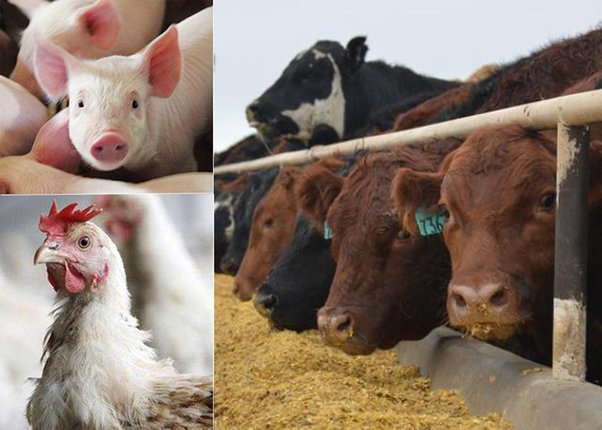In the heart of Southeast Asia, Malaysia boasts a vibrant agricultural sector that plays a pivotal role in the nation’s economy and food security. As the world grapples with various challenges such as climate change, emerging diseases, and global trade, safeguarding the agricultural industry has never been more crucial. Enter farm biosecurity – a comprehensive set of practices and protocols designed to protect farms and agricultural systems from the introduction and spread of diseases, pests, and other threats. In Malaysia, farm biosecurity has emerged as a fundamental strategy to fortify the agricultural sector against external threats, ensuring food safety and economic stability.
Farm biosecurity encompasses a multifaceted approach that integrates various measures to mitigate risks to agriculture. This strategy is akin to a protective shield for farms and their surrounding environments. In Malaysia, the adoption of farm biosecurity measures has become imperative to safeguard not only agricultural produce but also the livelihoods of countless farmers. It comprises several key components, including the identification of potential risks, biosecurity planning, hygiene protocols, and disease monitoring and reporting. By combining these elements, Malaysia aims to create a resilient and sustainable agricultural ecosystem.

One of the primary objectives of farm biosecurity malaysia is the management of diseases. Plant and animal diseases pose a significant threat to the nation’s agriculture. Diseases can lead to reduced crop yields, lower-quality produce, and financial losses for farmers. In the case of livestock, diseases can decimate entire herds, affecting both food production and the livelihoods of farmers. Malaysia recognizes that disease prevention is far more cost-effective than dealing with outbreaks, making farm biosecurity a strategic investment.
Central to Malaysia’s farm biosecurity efforts is the implementation of surveillance and monitoring systems. These systems are designed to detect and respond swiftly to any signs of disease or pest infestations. This proactive approach involves regular inspections, testing, and data collection. By closely monitoring the health of crops and animals, Malaysian farmers can identify potential threats before they escalate into full-blown crises. This early detection not only minimizes economic losses but also reduces the need for extensive and costly interventions.
In today’s interconnected world, international trade plays a pivotal role in Malaysia’s agriculture sector. While it offers numerous economic benefits, it also presents biosecurity challenges. Imported agricultural products can carry pests and diseases that pose a risk to local farms. To address this issue, Malaysia has established strict biosecurity measures at its borders. These measures include inspection and quarantine procedures to ensure that incoming goods meet the necessary biosecurity standards. By regulating international trade effectively, Malaysia strikes a balance between economic growth and the protection of its agriculture industry.
Effective farm biosecurity relies not only on the efforts of government agencies and farmers but also on public awareness and education. The Malaysian government, in collaboration with agricultural organizations, has been proactive in educating the public about the importance of biosecurity measures. Farmers are encouraged to attend workshops and training sessions to enhance their understanding of biosecurity protocols. Additionally, consumers are informed about their role in supporting biosecurity by purchasing products that comply with national standards. This holistic approach ensures that the entire community is engaged in safeguarding the nation’s agriculture.
